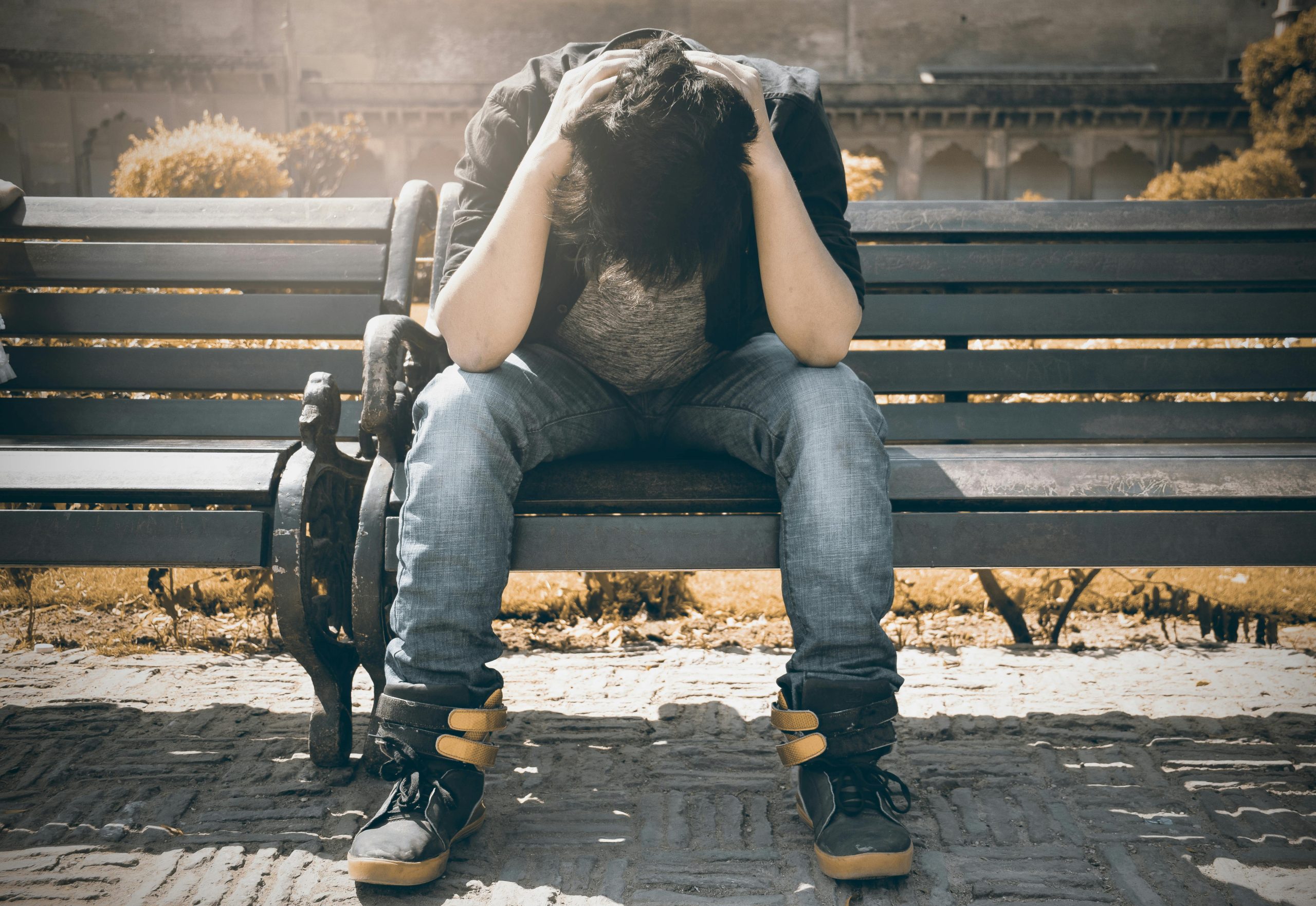Blog
6 Effective Treatments for Treatment-Resistant Depression

Depression has become an increasingly prevalent mental health condition. While many individuals can manage their depressive symptoms with an oral antidepressant or talk therapy, there is a subset of patients who suffer from treatment-resistant depression or major depressive disorder, making it essential to explore alternative depression treatment.
Learn the six effective treatments for treatment-resistant depression, shedding light on various approaches that can help individuals regain control of their lives.
Understanding Treatment-Resistant Depression (TRD)
To effectively address TRD, we must first understand its nature. TRD, or major depression, is typically diagnosed when a patient’s depressive symptoms persist despite trying multiple antidepressant medications and undergoing therapy sessions.
It can be debilitating and significantly affect one’s quality of life.
Depression symptoms and risk factors
Before diving into how to treat depression, it’s crucial to recognize its symptoms as well as the factors that worsen depression and make someone more susceptible to TRD.
Common symptoms include persistent sadness, mood disorders, changes in appetite, sleep disturbances, and a loss of interest in previously enjoyed activities.
Exploring treatment options
Psychedelics for depression
One of the most intriguing developments in the field of mental health is the use of psychedelics as an antidepressant medication. Psychedelic-assisted therapy, involving medications like Spravato nasal spray, psilocybin, and MDMA, has shown remarkable potential for relieving depressive symptoms.
Clinical trials have reported significant improvements in mood, chronic pain, and mental well-being, making this a promising avenue for treatment-resistant depression.
Electroconvulsive Therapy (ECT)
ECT is a well-established treatment for severe depression. It involves administering controlled electric currents to the brain, resulting in a brief seizure.
While the idea may seem daunting, ECT has been proven to be highly effective in managing treatment-resistant depression, especially in cases where other methods have failed.
Deep Brain Stimulation (DBS)
DBS is a surgical procedure to treat treatment-resistant depression where electrodes are implanted into specific regions of the brain associated with mood control.
By stimulating these areas, DBS can offer relief to individuals struggling with treatment-resistant depression. Although it is a relatively new approach, it has shown promise in clinical trials.
Vagus Nerve Stimulation (VNS)
Vagus nerve stimulation is a non-invasive procedure that involves sending electrical impulses to the vagus nerve, which connects to the brain.
This stimulation can alter brain chemistry and relieve depressive symptoms. VNS is considered a viable option for those with major depression.
Transcranial Magnetic Stimulation (TMS)
Transcranial magnetic stimulation is a non-invasive procedure that uses magnetic fields to stimulate nerve cells in the brain.
It is a well-tolerated treatment option for treatment-resistant depression and has shown positive results in clinical practice.
Dialectical Behavioral Therapy
While dialectical behavioral therapy alone may not be sufficient for major depressive disorder, combining it with mindfulness-based cognitive therapy, commitment therapy, or interpersonal psychotherapy can be beneficial.
These approaches help individuals develop positive behaviors and manage their condition more effectively.
Last words
Treatment-resistant depression is a challenging condition, but there are several effective treatments available. From cutting-edge approaches like psychedelics and brain stimulation therapies to tried-and-true methods like ECT, there is hope for those struggling with this condition. Individuals must work closely with their healthcare providers to determine the most suitable treatment plan.













